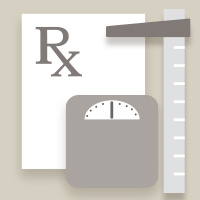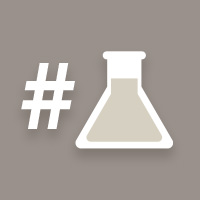
Can you believe that the clocks have already been set back? Instead of worrying about earlier sunsets, we’ve made the most of the extra time gained, and as a result, have two exciting feature updates to share.
Firstly, we’re introducing the ability to export Company and Patient invoices to CSV files so that they can be opened and manipulated in spreadsheet apps like Excel and Sheets.
This will make it easier to review and reconcile larger invoices, especially for companies and other big clinics.
You can export the invoice in the same way you would download or email it – in the settings menu of the invoice page.
Next, we’re introducing a way to print multiple growth charts simultaneously.
Now, instead of exporting each growth chart manually and printing them one at a time, you can export and print all available growth charts simultaneously.
Not only does this simplify a tedious process, but it saves huge amounts of time too.
If you have any questions about either of the above features, please don’t hesitate to drop us a line at support@atlas.md.









